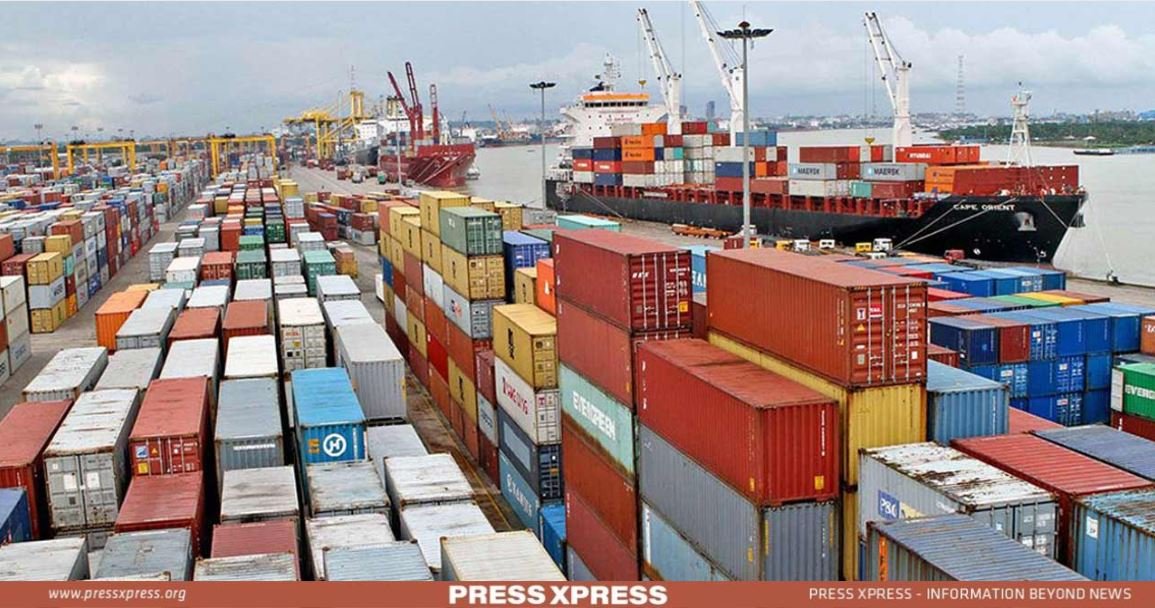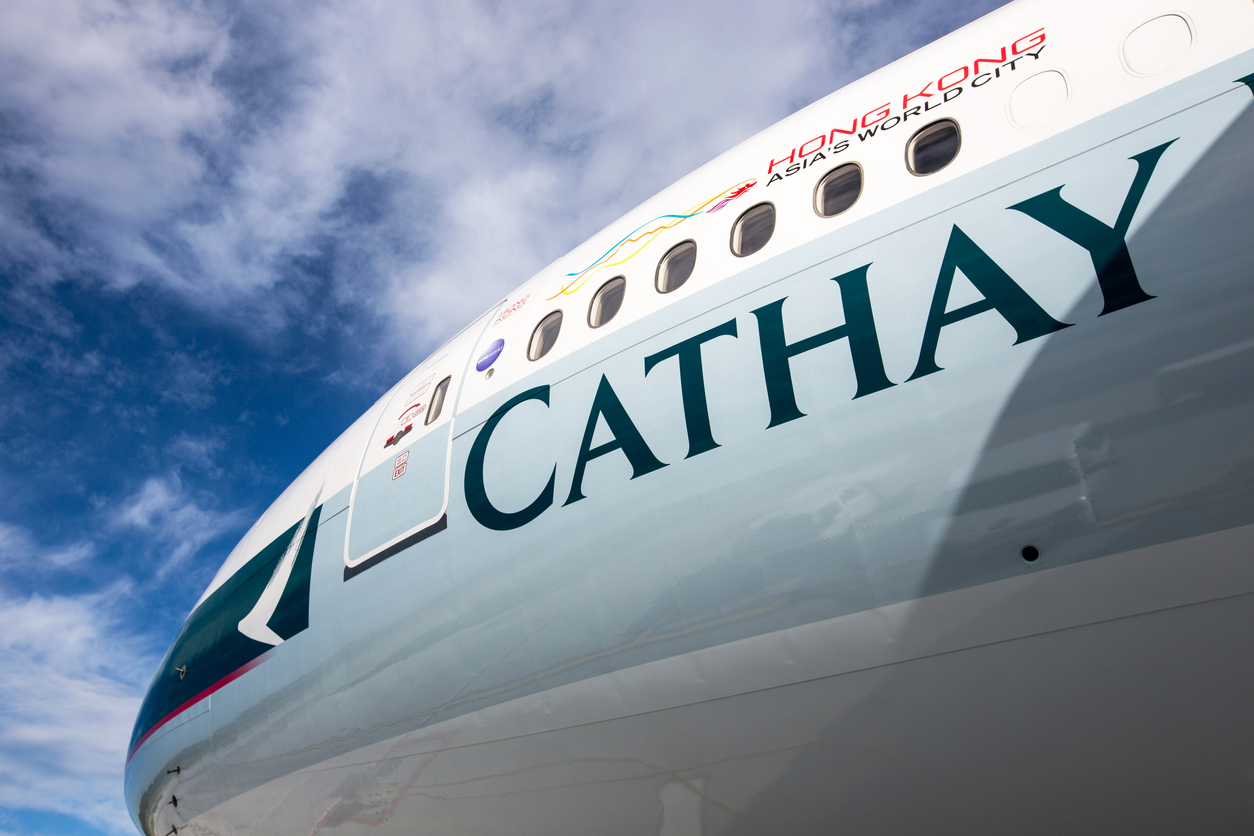Europe And Bangladesh: A Collaborative Approach To Economic Growth

Table of Contents
Leveraging European Investment for Sustainable Development in Bangladesh
Bangladesh offers lucrative opportunities for European investors seeking sustainable and impactful projects. This collaboration can unlock significant economic growth for both parties.
Foreign Direct Investment (FDI) Opportunities
Several key sectors in Bangladesh are ripe for European FDI:
- Ready-Made Garments (RMG) Industry Modernization: Investment in technology upgrades, sustainable manufacturing practices, and worker welfare initiatives can significantly boost the efficiency and ethical standards of Bangladesh's leading export sector.
- Renewable Energy: Bangladesh's growing energy demands present a massive opportunity for European investment in solar, wind, and other renewable energy sources, contributing to a cleaner and more sustainable energy future.
- IT and Digital Technologies: With a young and tech-savvy population, Bangladesh is poised for growth in the IT sector. European investment can support the development of digital infrastructure, software development, and the expansion of the IT services industry.
The Bangladeshi government offers various incentives to attract FDI, including tax holidays, streamlined regulatory processes, and access to specialized economic zones. Successful examples include several European companies investing in the RMG sector, leading to improved working conditions and increased productivity.
Development Aid and Technical Assistance
European development aid plays a vital role in supporting Bangladesh's development goals. Programs focusing on:
- Infrastructure Development: Funding for improved transportation networks, power generation, and water management systems is critical for sustainable growth.
- Education and Healthcare: Investment in education and healthcare infrastructure and training programs can build human capital, a key driver of economic progress.
- Capacity Building: Technical assistance and expertise from European institutions are crucial for strengthening governance, improving public administration, and fostering sustainable development practices within Bangladesh.
Examples of successful European-funded development projects in Bangladesh abound, showcasing the positive impact of such collaborations.
Boosting Trade and Market Access for Bangladeshi Goods
Strengthening trade relations between Europe and Bangladesh is paramount for mutual economic growth.
Facilitating Trade Agreements and Reducing Tariffs
Bilateral trade agreements are crucial for reducing trade barriers and fostering greater economic integration. Lower tariffs on Bangladeshi exports to Europe would significantly boost Bangladesh's export sector, creating jobs and stimulating economic growth. Existing trade agreements, like the Everything But Arms (EBA) initiative, provide a foundation for further collaboration.
Improving Supply Chain Efficiency and Sustainability
Collaboration can enhance the sustainability and efficiency of Bangladesh's supply chains. European expertise in:
- Logistics and Technology: Improving logistics infrastructure and implementing advanced technologies can streamline the supply chain, reducing costs and lead times.
- Ethical Sourcing and Sustainability: European companies can play a key role in promoting ethical sourcing, fair labor practices, and environmental sustainability within their supply chains in Bangladesh.
This collaborative approach benefits both sides: increased efficiency for Bangladesh and access to ethically sourced products for European consumers, promoting sustainable consumption and production patterns.
Addressing Common Challenges Through Joint Efforts
Europe and Bangladesh face common challenges that require joint efforts for effective solutions.
Climate Change Mitigation and Adaptation
Both regions are vulnerable to the impacts of climate change. Collaboration is essential for:
- Renewable Energy Development: Joint investments in renewable energy projects can reduce carbon emissions and enhance energy security for both regions.
- Disaster Preparedness and Resilience: Sharing expertise and resources in disaster preparedness and climate resilience can mitigate the impact of extreme weather events.
These collaborative efforts will contribute to a reduced carbon footprint and enhanced environmental sustainability for both Europe and Bangladesh.
Promoting Sustainable and Ethical Practices
Improving labor standards, worker rights, and environmental sustainability in Bangladesh's industries is crucial. European companies and organizations have a key role to play in:
- Promoting Ethical Sourcing: Ensuring that products sourced from Bangladesh meet high ethical and environmental standards.
- Supporting Fair Labor Practices: Working with Bangladeshi businesses to improve working conditions and ensure fair wages for workers.
Collaborative efforts can foster a responsible and sustainable business environment, benefiting both businesses and workers.
Strengthening the Partnership for Mutual Growth
A strong Europe and Bangladesh: A Collaborative Approach to Economic Growth offers significant potential for sustainable development and economic prosperity in both regions. Increased FDI, improved trade relations, joint efforts on climate change mitigation, and the promotion of ethical and sustainable business practices are key benefits. We urge policymakers, businesses, and civil society organizations to further explore opportunities for Europe-Bangladesh economic collaboration. Strengthening the Europe-Bangladesh partnership through continued dialogue and investment is crucial for realizing the potential of this mutually beneficial relationship, leading to collaborative economic development between Europe and Bangladesh.

Featured Posts
-
 Emergency Services Respond To Major Crash Road Closure In Effect
May 24, 2025
Emergency Services Respond To Major Crash Road Closure In Effect
May 24, 2025 -
 Dazi Stati Uniti Previsioni Sui Prezzi Della Moda Nel 2024
May 24, 2025
Dazi Stati Uniti Previsioni Sui Prezzi Della Moda Nel 2024
May 24, 2025 -
 The Four Women Who Married Frank Sinatra Their Stories And Impact
May 24, 2025
The Four Women Who Married Frank Sinatra Their Stories And Impact
May 24, 2025 -
 Escape To The Country Finding Your Perfect Rural Haven
May 24, 2025
Escape To The Country Finding Your Perfect Rural Haven
May 24, 2025 -
 Everything You Need Housing Finance Kids Activities At The Iam Expat Fair
May 24, 2025
Everything You Need Housing Finance Kids Activities At The Iam Expat Fair
May 24, 2025
Latest Posts
-
 Toxic Chemicals Lingered In Ohio Derailment Buildings For Months A Detailed Look
May 24, 2025
Toxic Chemicals Lingered In Ohio Derailment Buildings For Months A Detailed Look
May 24, 2025 -
 16 Million Fine For T Mobile Details On Three Years Of Data Security Failures
May 24, 2025
16 Million Fine For T Mobile Details On Three Years Of Data Security Failures
May 24, 2025 -
 T Mobiles 16 Million Data Breach Fine A Three Year Reckoning
May 24, 2025
T Mobiles 16 Million Data Breach Fine A Three Year Reckoning
May 24, 2025 -
 Office365 Data Breach How A Hacker Made Millions Targeting Executives
May 24, 2025
Office365 Data Breach How A Hacker Made Millions Targeting Executives
May 24, 2025 -
 Open Ais 2024 Event Easier Voice Assistant Creation
May 24, 2025
Open Ais 2024 Event Easier Voice Assistant Creation
May 24, 2025
